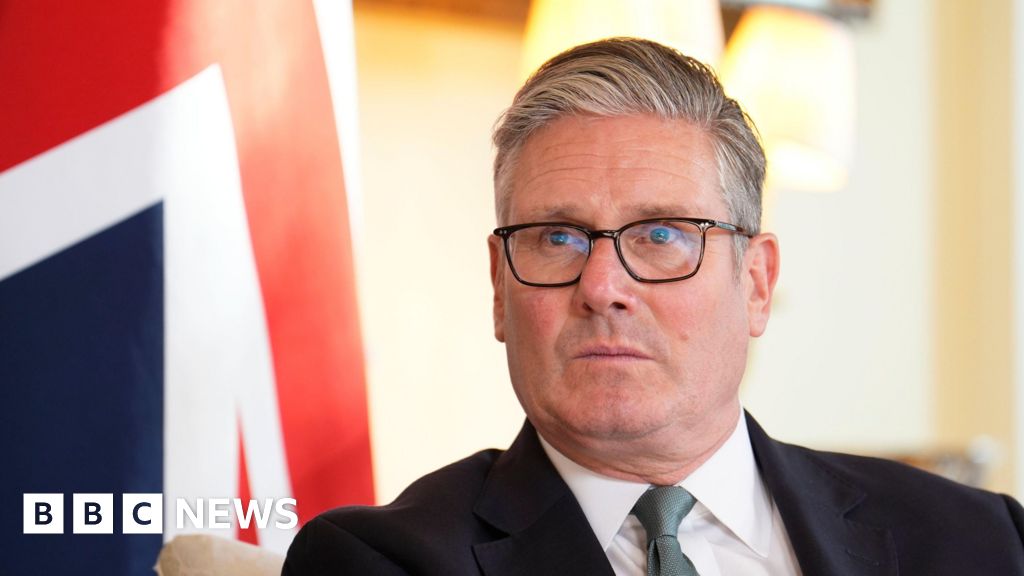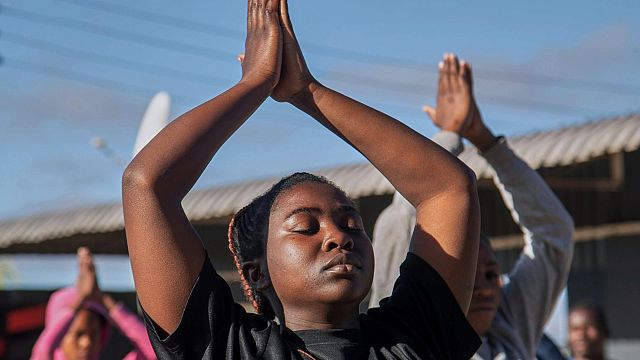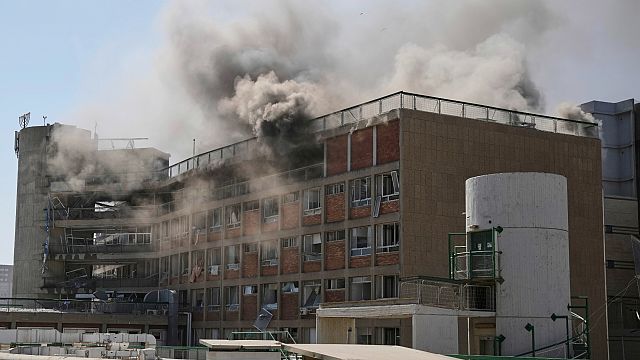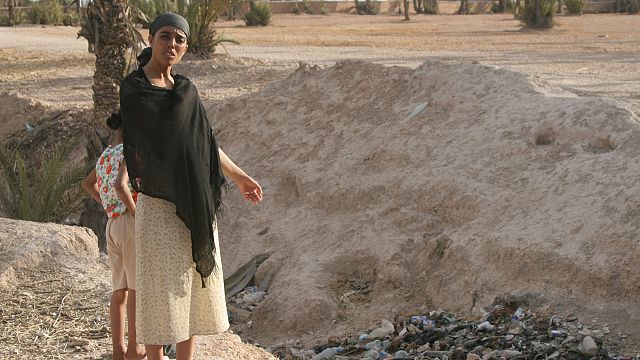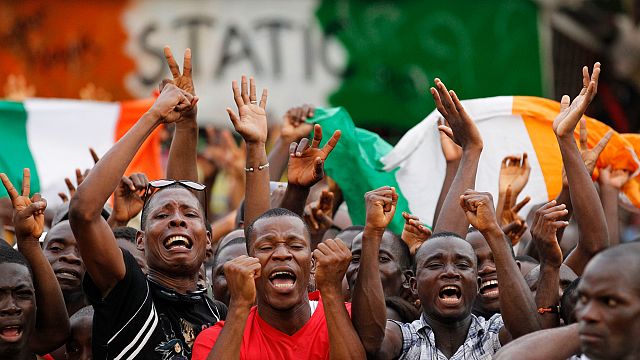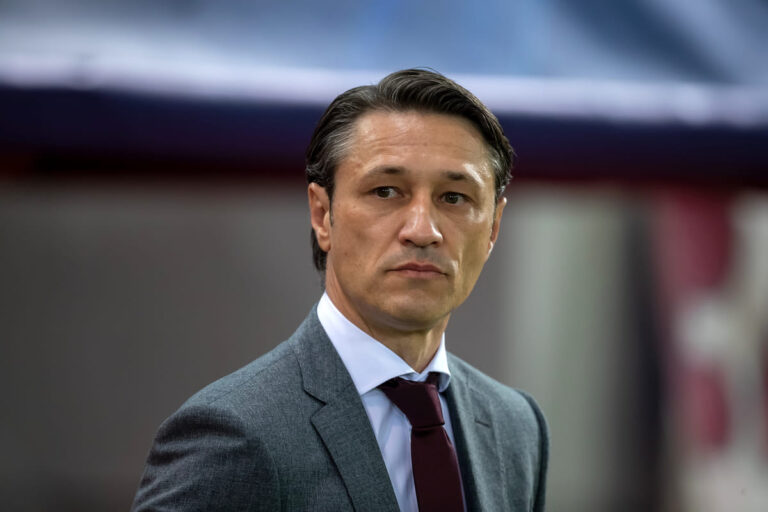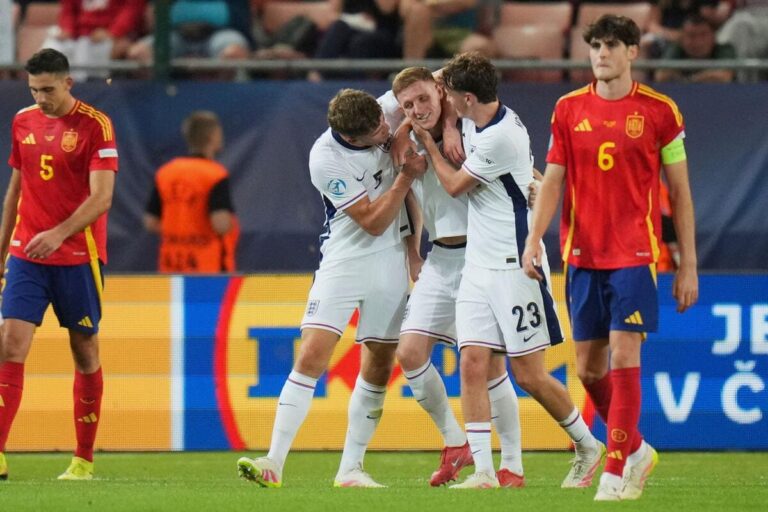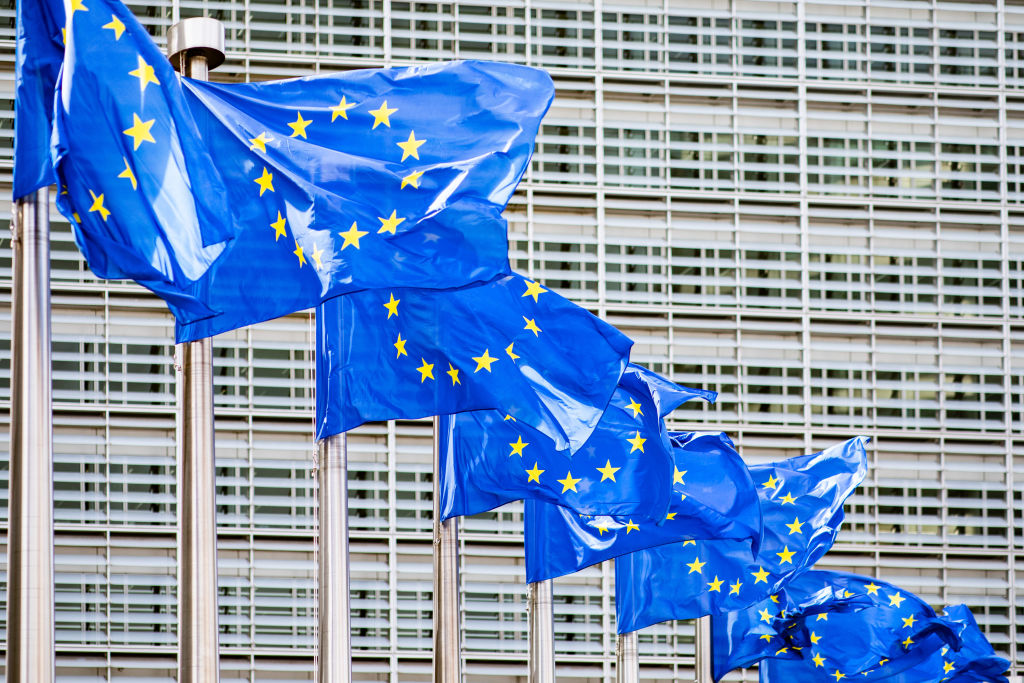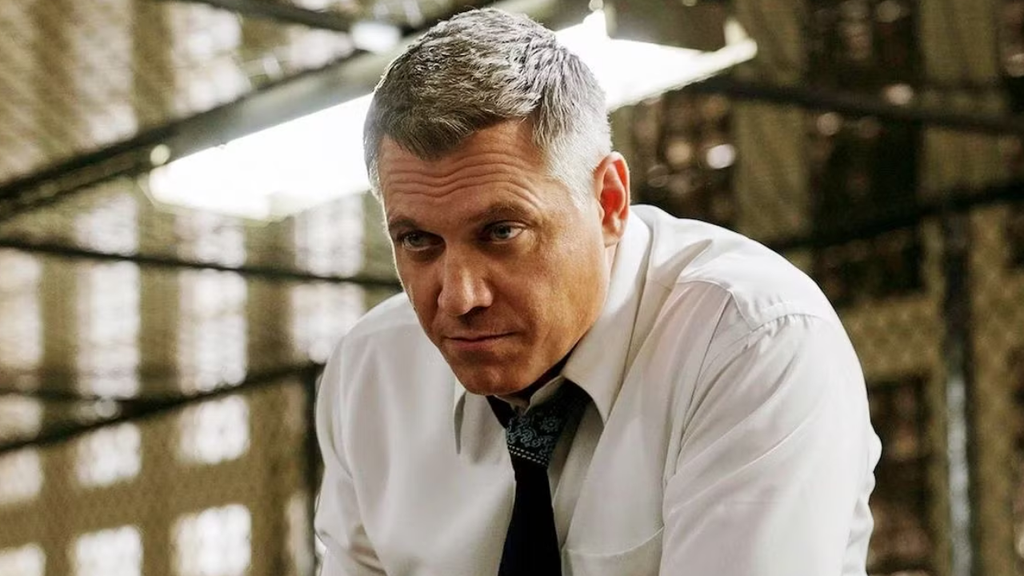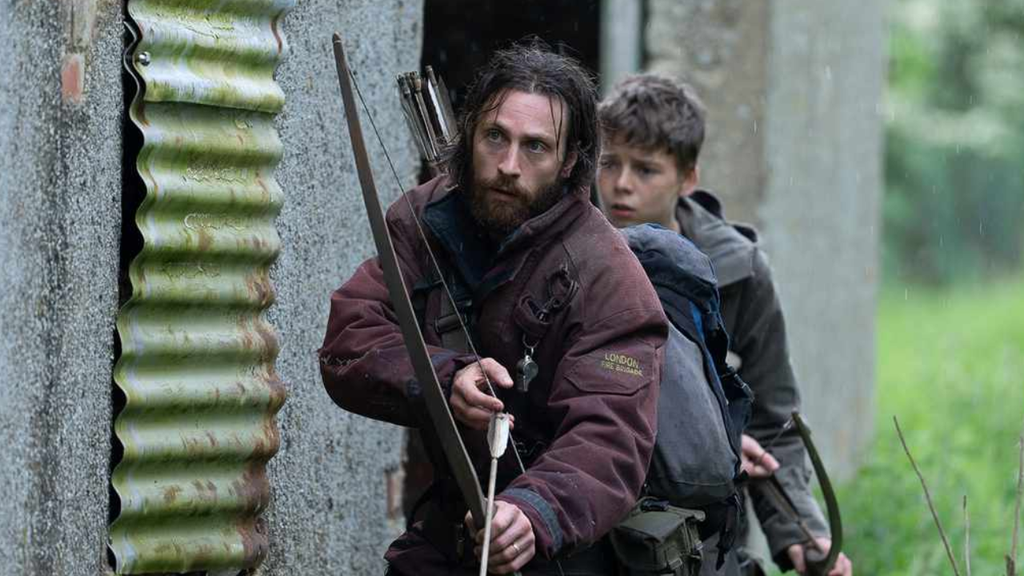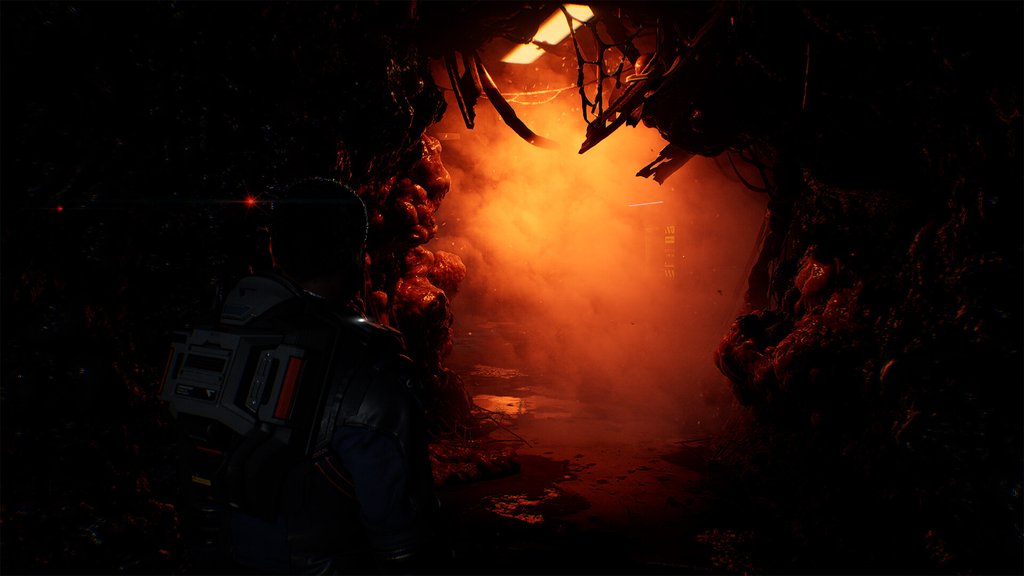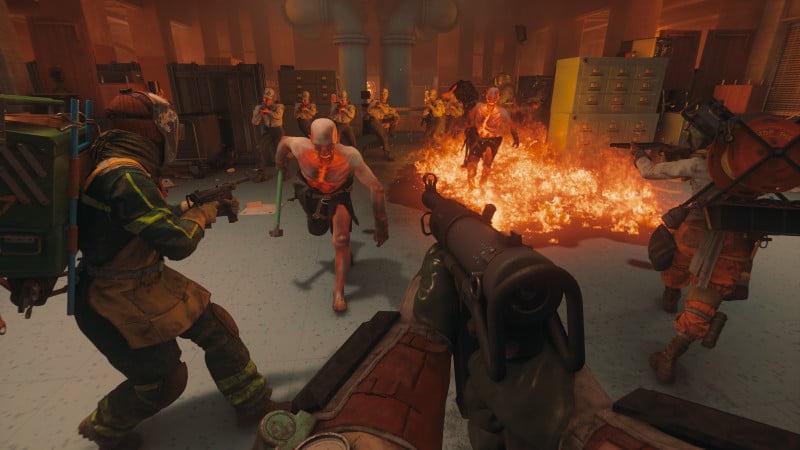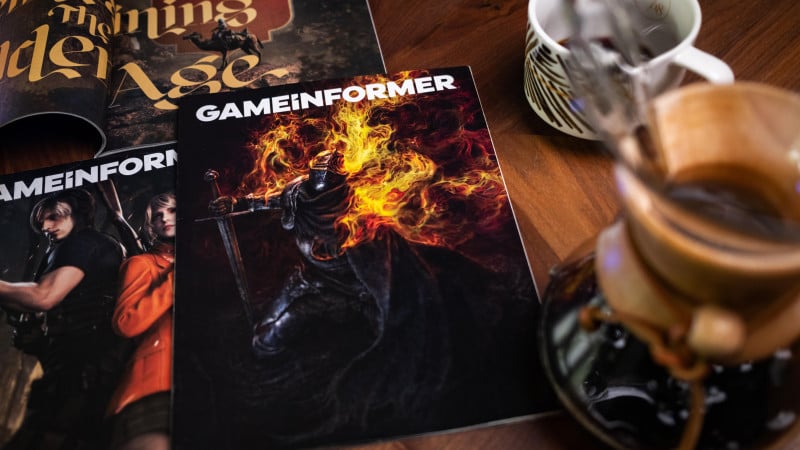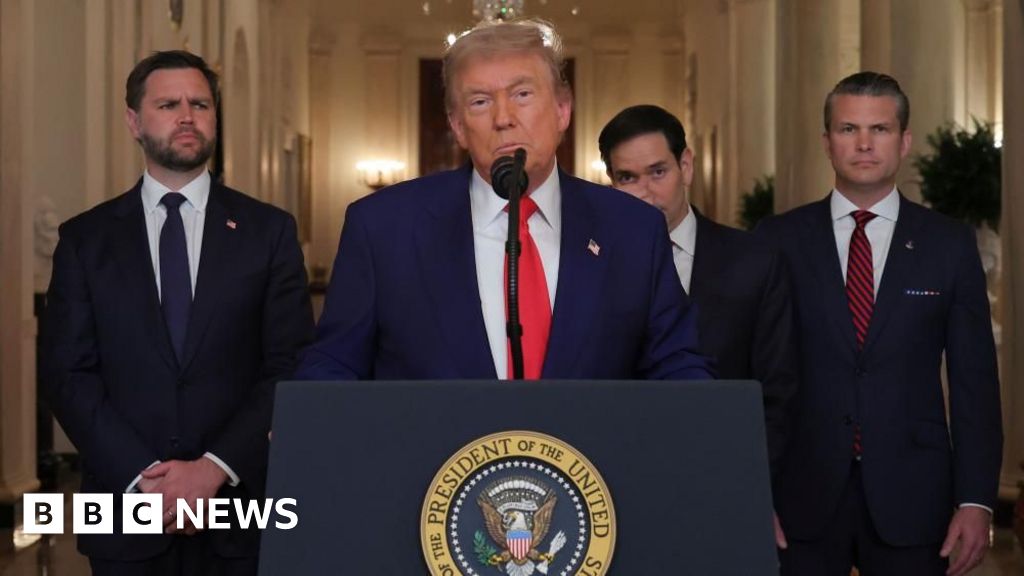Ukraine and Russia to Meet for Second Round of Talks as Attacks Escalate


After more than three years of war, Russia and Ukraine are engaged in direct and public talks to end the fighting, but their positions remain far apart.
A day after exchanging some of the most intense air attacks of the war, Russia and Ukraine were set to meet in Istanbul on Monday for peace talks, discussions that will be complicated by their entrenched positions and the situation on the battlefield.
Russia and Ukraine are expected to formally exchange their respective conditions for a deal in the second round of negotiations since the two sides resumed direct dialogue two weeks ago.
Expectations are low. Moscow and Kyiv are talking under pressure from President Trump, who has alternatively cajoled and chided both countries’ leaders. But Russia and Ukraine have been holding firm, with neither expected to present conditions in the discussion that are acceptable to the other side.
As negotiations sputter, the attacks on the battlefield have intensified. The Russian army appears to be launching a new offensive, advancing at the fastest pace since last fall and opening a new front in the northern Sumy region. It has also bombarded Ukrainian cities with some of the biggest drone and missile attacks of the years, including a barrage of 500 drones and decoys on Sunday.
Ukraine, for its part, has adapted and evolved in the face of a much larger military with deeper resources. Ukrainian drones, in an ambitious, coordinated attack, struck air bases deep inside Russia this weekend.
In recent days, President Volodymyr Zelensky of Ukraine dampened expectations for the discussions, confirming only on Sunday afternoon that a Ukrainian delegation would travel to Istanbul. “Nevertheless, we will try to achieve at least some progress on the path to peace,” he said a few hours later.
At the first Istanbul meeting in mid-May, both sides agreed to write up and share with each other the conditions for a possible cease-fire.
Kyiv’s goal remains to secure a cease-fire first, before moving to negotiations for a broader peace deal. A senior Ukrainian official, speaking on condition of anonymity to discuss sensitive negotiations, said its proposals included provisions for a cease-fire on land, at sea and in the air, with monitoring to be carried out by international partners.
Russia has signaled that it was not interested in a temporary cease-fire, but rather in solving the “root causes” of the war — Kremlin parlance for wide-ranging demands like a formal commitment to not expand NATO eastward, the recognition of its territorial gains and other conditions that have been flatly rejected by Kyiv.
Unlike Ukraine, Russia has not shared its proposals beforehand, saying it would only do so directly at the Istanbul meeting. Ukrainian officials criticized such an arrangement, saying that it would prevent a meaningful dialogue.
As with the first Istanbul meeting, the composition of the delegations — mostly government officials with limited political leverage — suggested that Monday’s discussions would remain technical in nature. The previous meeting yielded a large prisoner exchange but little else.
Mr. Zelensky approved a 14-member delegation led by Ukrainian Defense Minister Rustem Umerov, including senior government officials and deputy heads of branches of Ukraine’s military and security services.
Russia’s delegation is led by Vladimir Medinsky, an aide to President Vladimir V. Putin. After the previous round of talks, Mr. Medinsky, a conservative historian, told Russian state television that “as a rule, as Napoleon said, war and negotiations take place at the same time.”
What's Your Reaction?
 Like
0
Like
0
 Dislike
0
Dislike
0
 Love
0
Love
0
 Funny
0
Funny
0
 Angry
0
Angry
0
 Sad
0
Sad
0
 Wow
0
Wow
0
